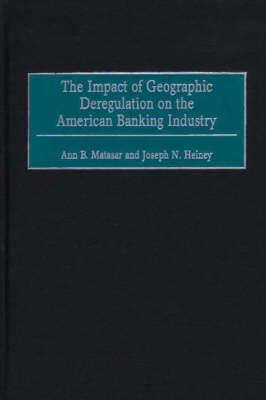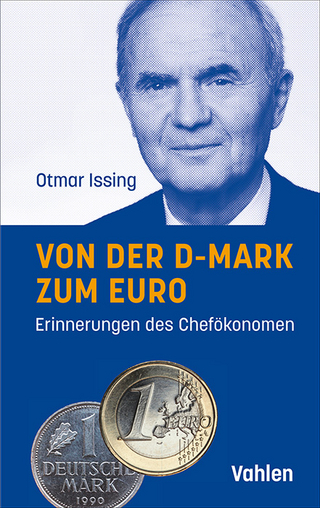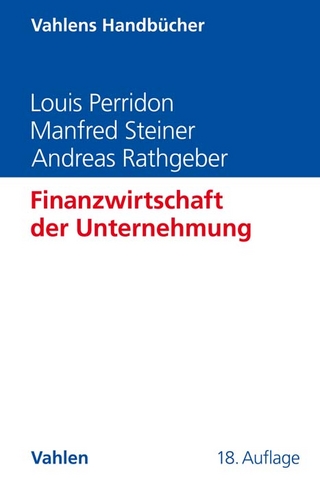
The Impact of Geographic Deregulation on the American Banking Industry
Praeger Publishers Inc (Verlag)
978-1-56720-350-9 (ISBN)
The Riegle-Neal Act and the Riegle Act were the first blows to the dominance of Depression-era legislation in banking. The second was the Gramm-Leach-Bliley Financial Services Modernization Act of 1999, which eliminated major portions of the Glass-Steagall Act. This study, which analyzes data from 1994 to 1999, ably captures and isolates the effects on American banking of the twin Riegle laws alone, with the noted exceptions of changed circumstances that may have resulted from other environmental factors (but not from other banking legislation). The focus here is on interstate banking experiences. Matasar and Heiney's analysis reveals the direction that changes associated with the law are likely to take and thus serves as a baseline for future research and analysis.
ANN B. MATASAR is Amoco Distinguished Professor of International Business at the Walter E. Heller College of Business Administration, Roosevelt University, in Chicago. JOSEPH N. HEINEY is Professor of Economics in the Center for Business and Economics at Elmhurst College in Elmhurst, Illinois. He previously held the positions of Director of the Center for Business and Economics, and Coleman Foundation Distinguished Chair of Business.
Preface Introduction The Economic and Financial Health of America's Banks: The Effects of Consolidation on the Private Sector The Public Effects of Interstate Banking Expansion: The Impact on Bank Customers The Public Effects of Interstate Banking Expansion: The Impact on Employees A Micro Analysis: Case Studies Summary Appendix 1: Banks by Asset Size: 1990-1998 Appendix 2: Aggregate Condition and Income Data Appendix 3: Performance Ratios Appendix 4: Condition Ratios Appendix 5: McFadden-Pepper Act of 1927 Appendix 6: Riegle-Neal Interstate Banking and Branching Efficiency Act of 1994 Bibliography Index
| Erscheint lt. Verlag | 30.3.2002 |
|---|---|
| Sprache | englisch |
| Themenwelt | Wirtschaft ► Betriebswirtschaft / Management ► Finanzierung |
| Betriebswirtschaft / Management ► Spezielle Betriebswirtschaftslehre ► Bankbetriebslehre | |
| ISBN-10 | 1-56720-350-7 / 1567203507 |
| ISBN-13 | 978-1-56720-350-9 / 9781567203509 |
| Zustand | Neuware |
| Informationen gemäß Produktsicherheitsverordnung (GPSR) | |
| Haben Sie eine Frage zum Produkt? |
aus dem Bereich


